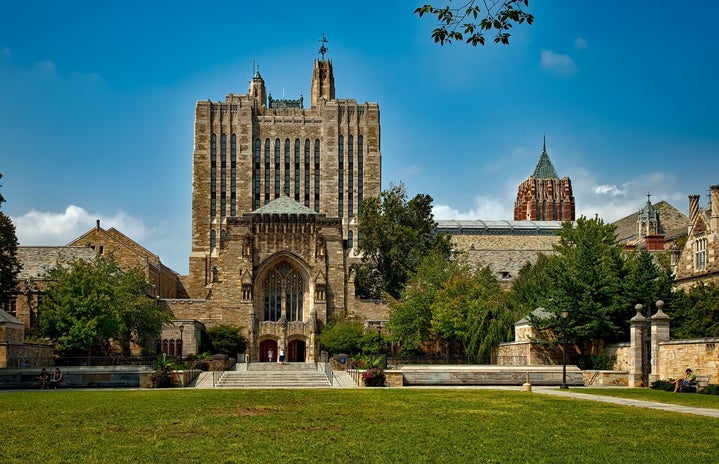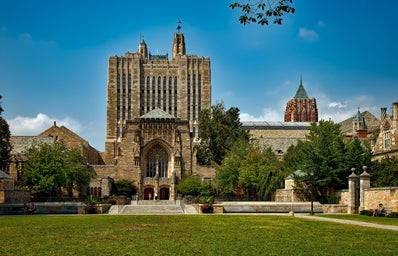Article submitted by Pascale Tsai, Edited by Veronika Potylitsina
There’s no doubt about it, Life Sciences at U of T is hard. In first year, you have to make the smooth transition from your high school life to your more independent university life, while taking a slew of fast-paced courses and planning what you’re doing outside of school to make yourself a well-rounded student. With reading week already approaching, you’ve probably made your own conclusions about U of T and your program choice – hopefully with no regrets! Whether you’re loving it or realizing that you may need to change a few habits to stay grounded, any Life Sci student can tell you that being in the program is a really enriching experience. As a second year Life Sci student who survived and really enjoyed first year at U of T, I can confidently say that I’ve learned a few things about balancing academics, extracurriculars, and personal well-being, and I’m here to share them with you.
Get involved!
This is so important. Extra-curriculars are not only a great way to get involved at your school and meet people that share your interests, but they’re also required for most professional schools down the road. Involvement in on-campus clubs and organizations will give you a chance to learn more about yourself, what you’re passionate about, and what you have the potential to do! They’re also a great chance to unwind after classes and studying, because you’ll be mingling with other U of T students who are probably just as stressed as you.
If you don’t feel the need to change your study habits, don’t.
When I was in first year, most of the upper year students and professors I went to for advice told me that I would have to change my overall study habits and schedules in order to succeed in Life Sci. While this may be necessary for some of you (if so, just ignore this point), if you feel as though you’ve already established a concrete study plan, you don’t need to change it in university! Just make sure that you’re staying on top of all the lab reports and weekly assignments you’ll need to do by prioritizing – Life Sci courses do each require a lot more time dedication than high school classes.
Don’t feel bad for saying no.
Realistically, there will be so many other parties you can attend. Missing a few ones definitely won’t hurt you or ruin your social life in the long run. I remember not being able to go to quite a few parties throughout my first year because I prioritized studying for midterms I would have in the following week. There’s no need to stress about this – after your finals, you’ll have some free time to go out.
Join a student union.
Most first-year Life Scis have a vague idea of the majors they’d like to pursue, but on the other hand, learning about many interesting new topics causes most students to either second guess what they originally thought they would like or realize an enthusiasm for a program they never looked into. Going to the events that different course unions hold can help you learn more about your potential future classes, mingle with the professors you might do research with, and get to know the upper years involved in the union and the advice they have to offer!
You’re not alone.
Life Sci courses are stressful, especially when you know that your GPA is a big determining factor in your acceptance into medical or other professional schools. There are plenty of tutoring sessions held by course unions or campus organizations that can be really helpful (especially helpful in my opinion for courses like calculus and organic chemistry). When you’re struggling with a concept, don’t forget that you can also go to office hours – most professors are really friendly and happy to help. Above all, don’t forget to explore and find a few hobbies outside of class to keep you well.

